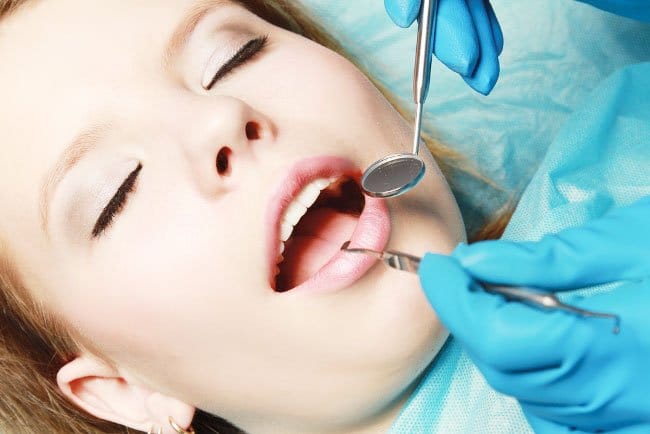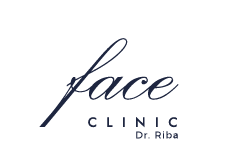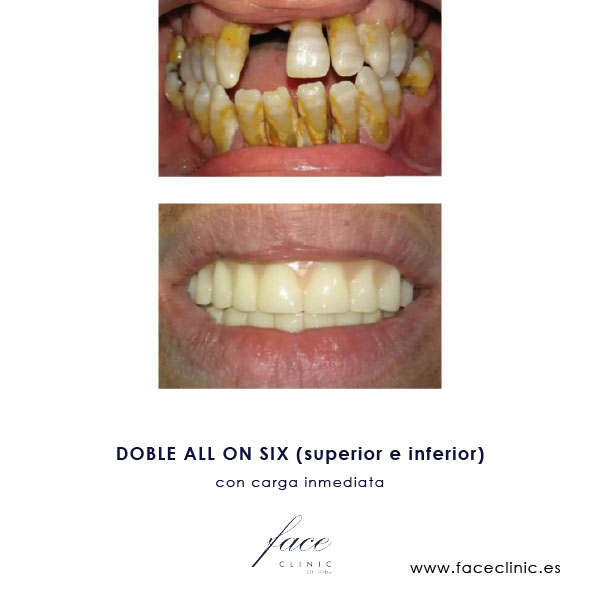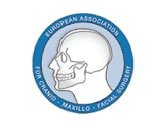
Dr. Francisco Riba
Oral and Maxillofacial Surgery.
Facial Plastic Surgery.
Head and Neck Surgery. Implantology.
Hair Transplant Surgery.
Col. num. ICOMEM 28375865. Col. num. COEM 28005694.
Face Clinic founder and director.
We offer a wide range of dental implants treatments. During treatments, a minimally invasive method is applied to practically all dental procedures. Our team of highly qualified professionals includes dentists, surgeons, anesthetists, osteopaths, and oral hygiene specialists.
The development of endosseous dental implants allows us to rehabilitate through the use of loading cores – gaps, edentulism (gaps without teeth) and, of course, full arch when the teeth have been lost or are still in the mouth but are no longer useful.
Thanks to these, to the planning with TAC 3D, to the technologies CAD-CAM and to the important improvements in metals, precious alloys and ceramics we achieve truly natural and aesthetic oral rehabilitations.
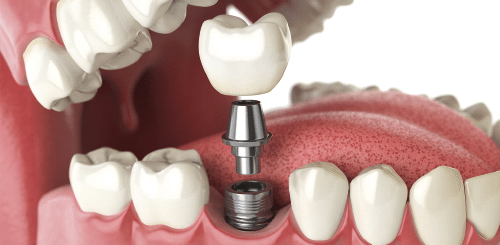
Dental Implants in Face Clinic Spain
- Immediate load implants (Teeth in a Day)
- All-on-Four.
- Dental implants without surgery
- Zygomatic implants
- Pterygoid implants
- Guided surgery
- Dental CAD CAM
- Sinus lift
- Advanced Implantology
- Bone Graft for Dental Implant
- Alveolar Sagittal Osteotomy
- Prosthesis on implants
Treatment of implant complications and failures
- Diagnosis of Complications
- Implant Problems
- Risks of implants
- Infection in Dental Implants
- Anatomical Complications
- Lesion of alveolar nerve
- Injury roots
- Bone Complications
- Serious complications Dental Implants
– Failure of Dental Implants
– Causes of Rejection
Dental Implants In complex cases
- Patients with low bone
- Patients with periodontal disease
- Patients with Hypertension
- Elderly Patients
- Patients treated with bisphosphonates
- Patients with Osteoporosis
- Patients with previous pathologies (cancer, diabetes, etc.)
- Diabetics
- Pyorrhea and dental implants
Full mouth dental implants in Spain
Full-mouth dental implants offer several advantages over other dental replacement options, such as traditional dentures. In addition to looking and functioning like natural teeth, full-mouth dental implants are designed to last.
They are also more comfortable and stable than traditional dentures, allowing you to bite and chew more naturally, and to eat certain foods that are difficult to eat with traditional dentures.
Another great advantage is that full-mouth dental implants do not require the time-consuming maintenance of traditional dentures, which need to be removed after eating and cleaned and soaked overnight. Instead, dental implants simply follow the daily brushing and flossing recommended for natural teeth.
In addition, your bones will be better protected as a full mouth implant will replace part of your tooth root. With traditional dentures, the bone that previously surrounded the root will begin to deteriorate. This will cause the mandible to shrink and collapse, resulting in an unattractive smile. In contrast, dental implants bond to your jawbone and help maintain bone health and a natural smile.


Sedation Options
Imagine undergoing a complex dental implant treatment. When your treatment is complete, you have no recollection of the time it took, the pain, the noise, or the discomfort you were expecting. We are pleased to offer our patients the option of comfortable, safe, and effective sedation dentistry. Patients who benefit from sedation dentistry have:
A fear or anxiety of being at the dentist
A hard time sitting still for long periods of time
A hard time getting (and staying) numb from anesthetics
WHAT IS CONSCIOUS SEDATION?
For ‘dental phobic’ patients and those who suffer a high degree of anxiety, or perhaps patients who are about to embark on a long and complex surgical treatment, a more controlled way of maintaining relaxation may be recommended.
‘Conscious sedation’ is different from a general anaesthetic, because the patient remains alert throughout the treatment, conscious enough to answer the dentist’s instructions, which help the surgery go more smoothly. However, patients will not remember the treatment.
‘Conscious sedation’ is beneficial for long and complex surgical procedures. For a ‘conscious sedation’ a controlled quantity of sedative is delivered through a vein in your arm or hand for as long as the treatment takes. It is a very safe procedure during which your heart rate and oxygen levels are monitored throughout by an anaesthetist.
With conscious sedation, a normal dental local anaesthetic also used around the dental implant sites. Most patients do not remember the local anaesthetic being given since the sedation has already taken effect.
